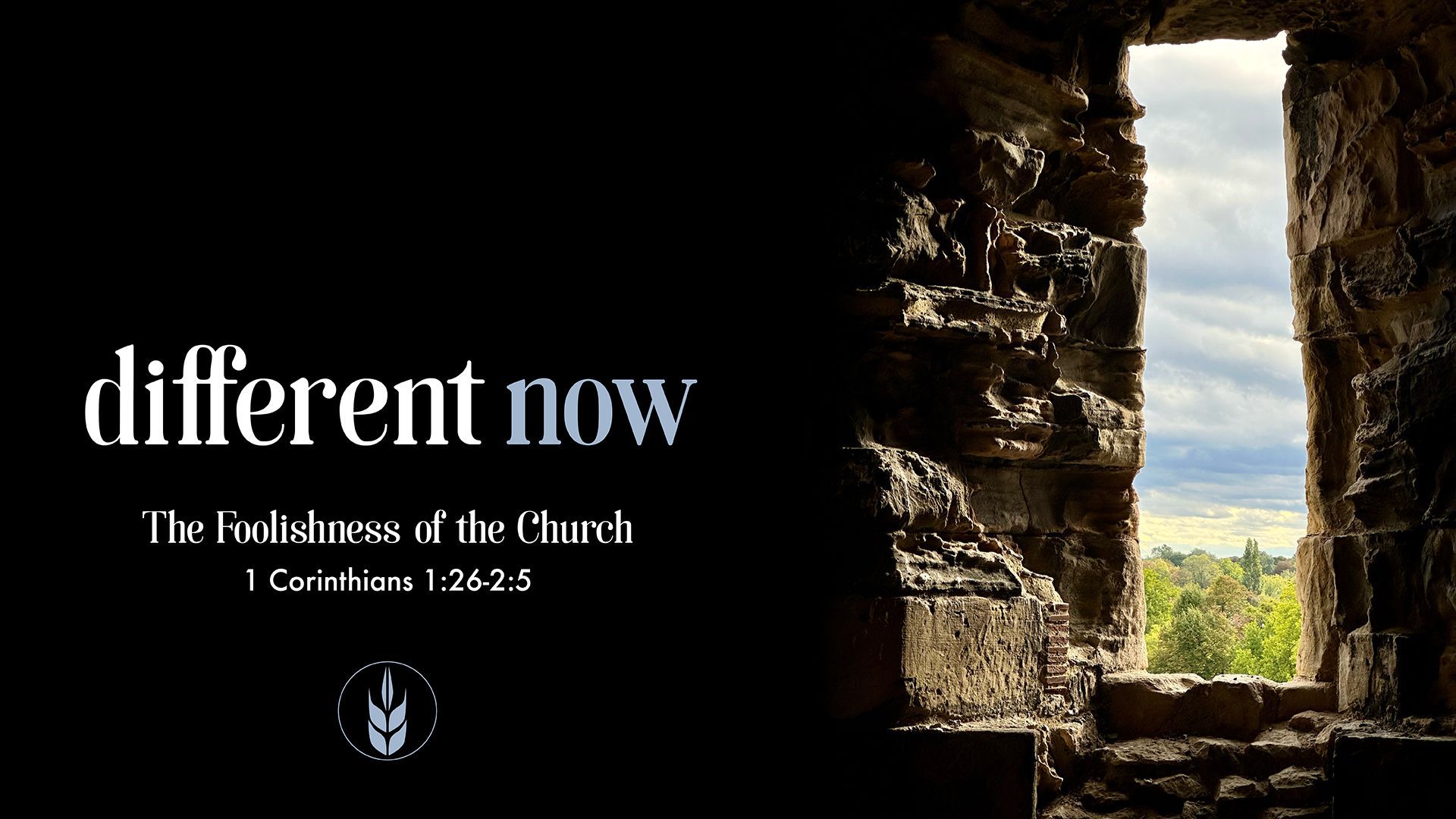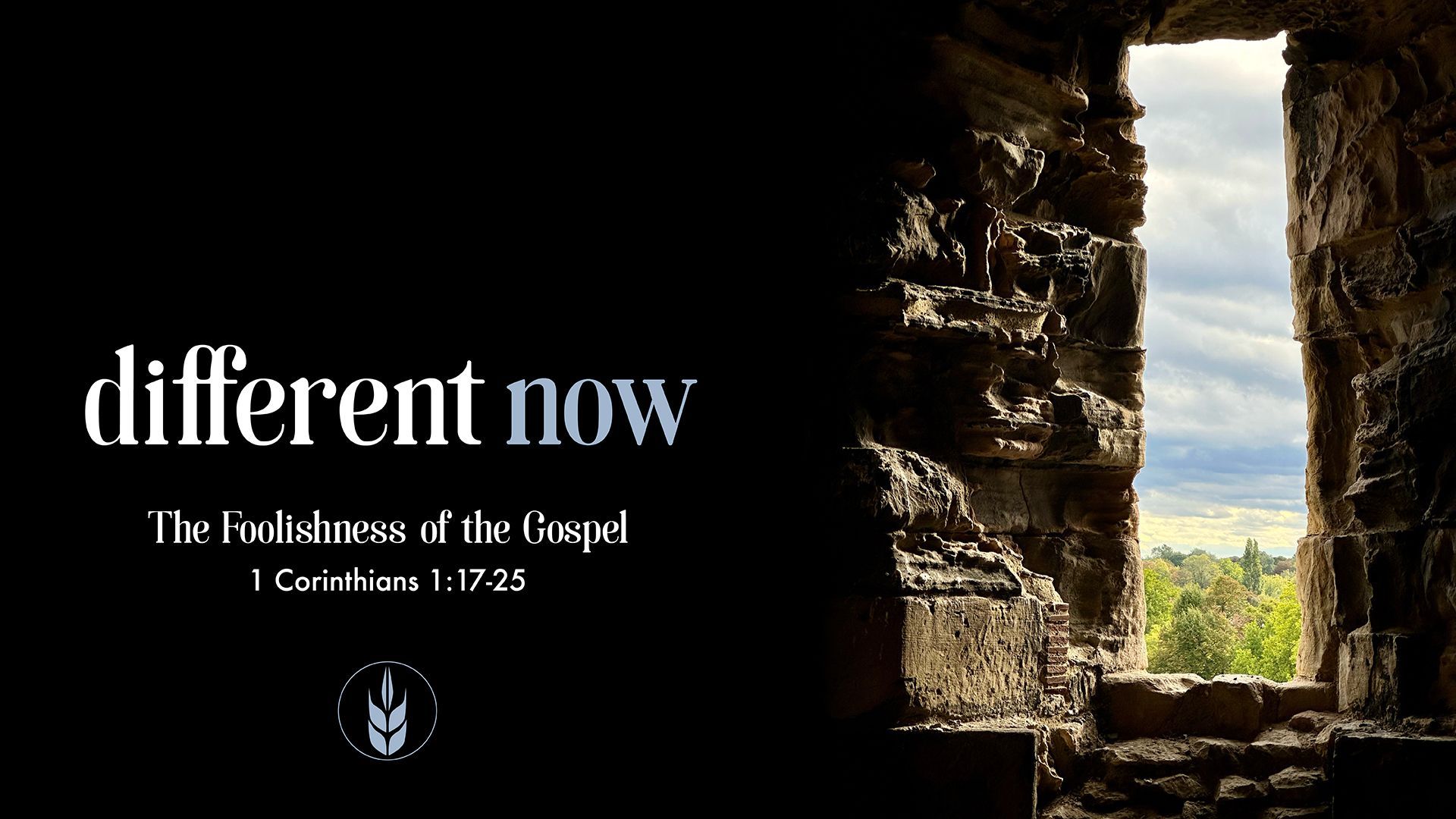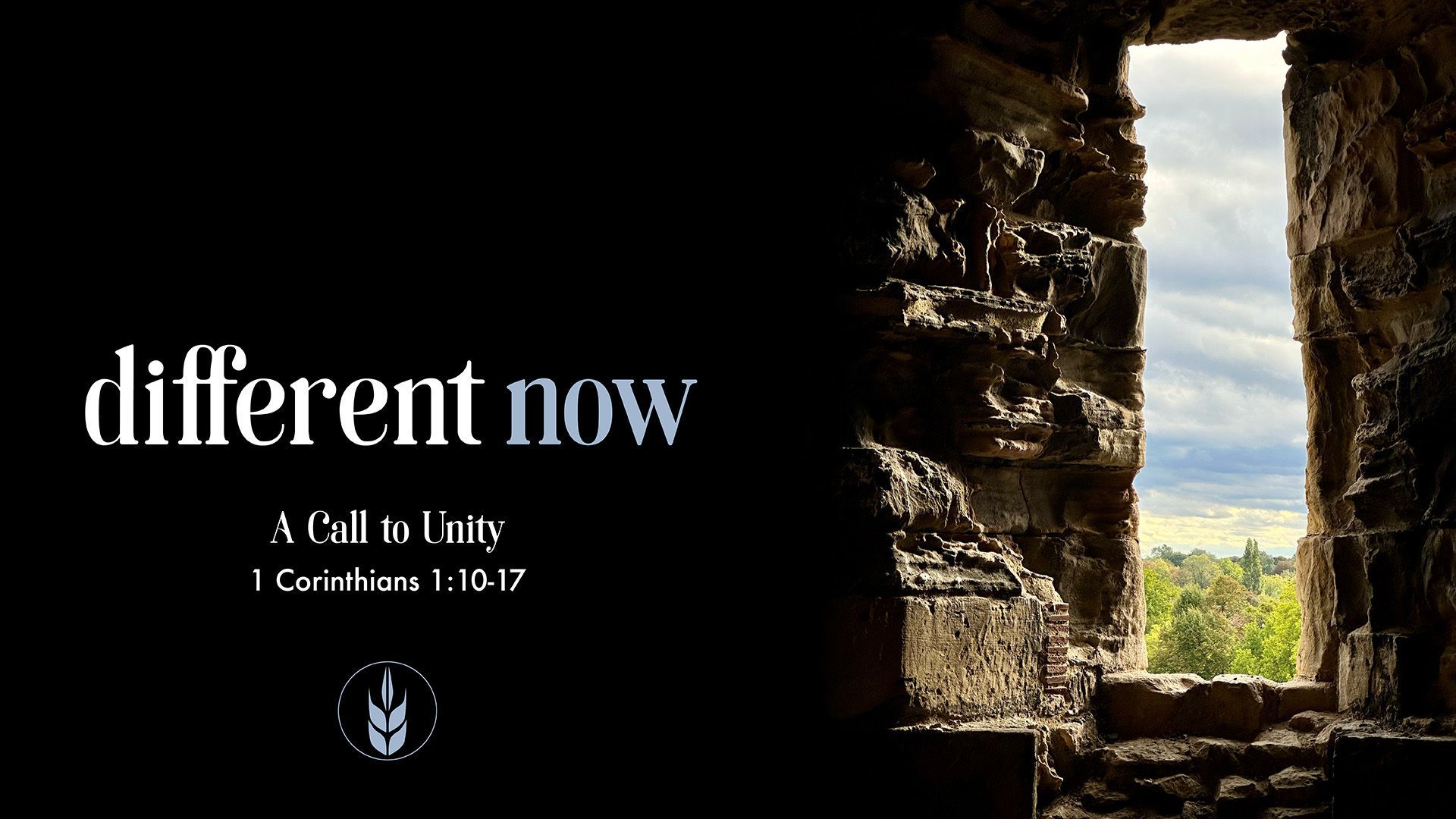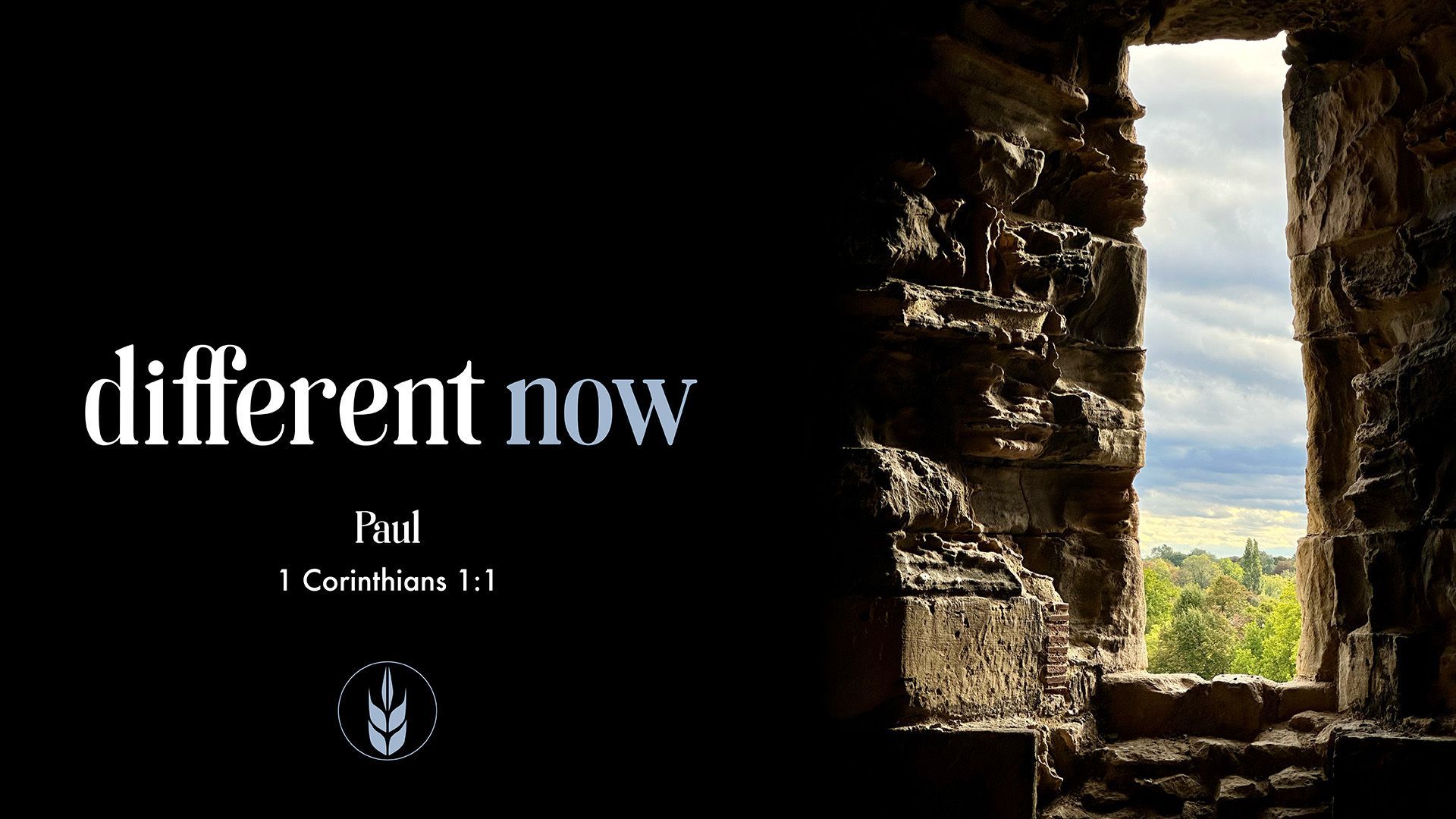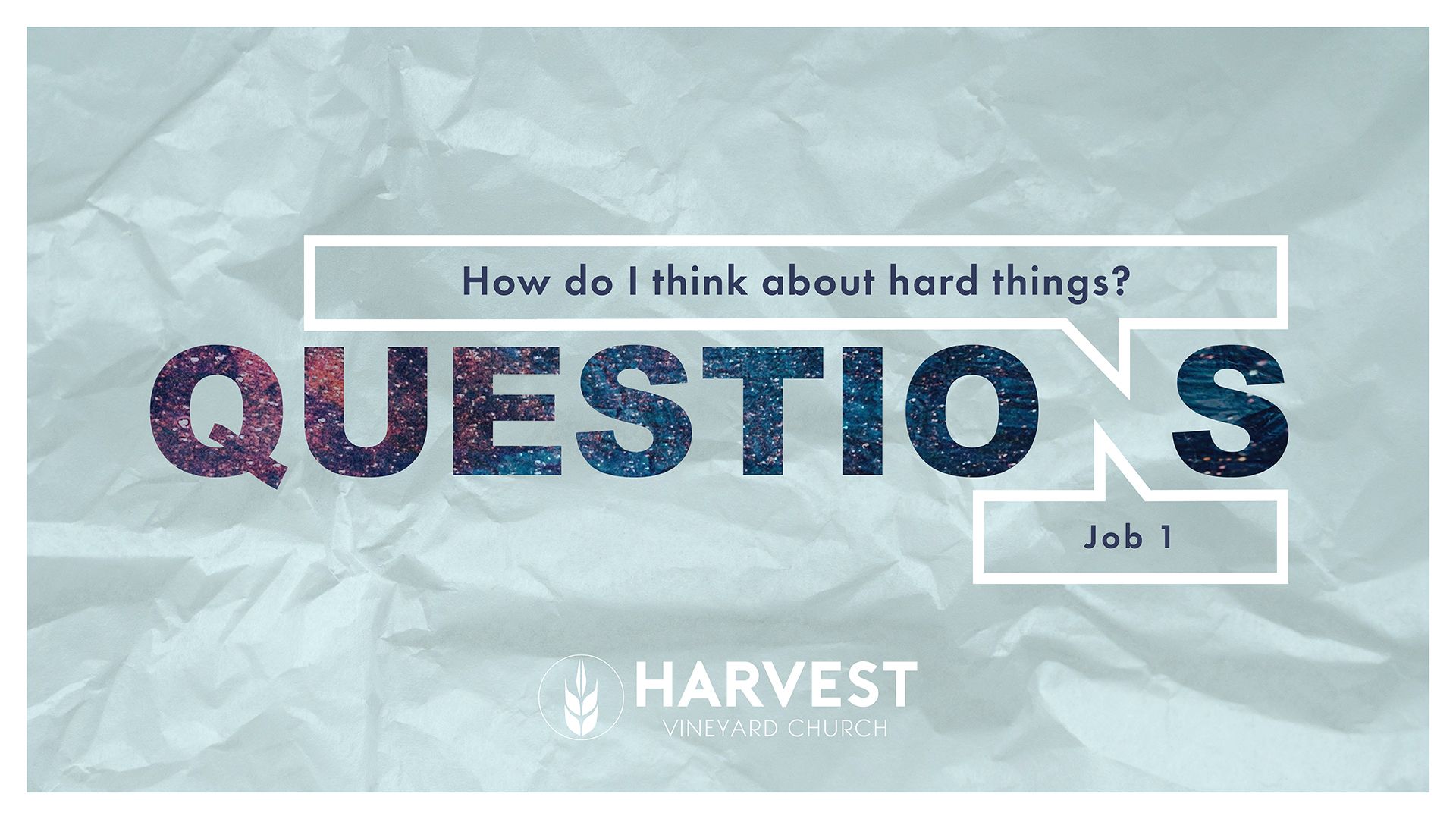
Rethinking God's Role in Our Suffering
Life is filled with vibrant moments like weddings and births and shadowed by profound suffering such as chronic illness, betrayal, and loss. As we navigate life's challenges, questions often arise: Why do bad things happen? Is God behind our suffering? How can we find solace in faith during difficult times? This leads many on a journey of spiritual reflection in search of deeper truth and divine understanding.
A Timeless Struggle: Job's Story
The ancient narrative of Job offers valuable insights into these enduring questions. As a paragon of virtue, Job faced catastrophic losses—his wealth, children, and health—all vanished in a series of tragic events. Initially, Job responds with a resilient faith, stating, "The Lord gave and the Lord has taken away; may the name of the Lord be praised." However, as his suffering deepens, Job begins to question God's justice, accusing Him of cruelty, arbitrariness, and injustice.
Job's friends propose a different theology, insisting that because God is just, Job's misfortunes must be due to his own sins: "Consider now: Who, being innocent, has ever perished?" This logic rests on the assumption that righteousness guarantees prosperity while suffering signals divine punishment. It reflects a widespread belief that God directs every aspect of life like a cosmic puppet master—a view still prevalent today whenever people suggest that all events, good or bad, are part of God's plan.
Rethinking Suffering and Divine Sovereignty
However, the book of Job challenges these assumptions. When God finally intervenes, He does not justify Job's suffering. Instead, God underscores human ignorance about the universe's vast complexity: "Where were you when I laid the earth's foundation?" God asks, highlighting our limited understanding of the intricate workings of creation.
Moreover, God refers to the cosmic forces of chaos, depicted by the enigmatic creatures Behemoth and Leviathan, suggesting that our world is embroiled in spiritual conflict. This perspective implies that suffering may often result from spiritual warfare rather than God's direct involvement. These insights urge us to reconsider the simplistic belief that God causes all suffering.
Jesus' Ministry: A Divine Rebuttal
The life and teachings of Jesus further refute the notion that God orchestrates human suffering. Throughout His ministry, Jesus confronts illness, demon possession, and calamity without attributing them to God's will or as deserved punishment. He embodies God's opposition to suffering, declaring, "I have come that they may have life, and have it to the full" (John 10:10).
From this, we understand several key truths about God's role in human suffering:
- God is not the author of evil or suffering: Rather, the brokenness of the world arises from numerous complexities, including human free will and spiritual battles.
- God champions life and restoration: Mirroring Jesus, God mourns with us and works tirelessly to transform even the darkest circumstances for good.
- Our understanding is limited: We must humbly admit that we cannot perceive or understand the vast and intricate dynamics of God's creation.
- God values sincere engagement: Job's friends were rebuked for offering trite answers, while Job was appreciated for his honest, albeit flawed, dialogue with God.
- Suffering does not equate to divine punishment: Both the righteous and wicked endure trials, challenging the notion that our circumstances reflect divine approval or condemnation.
A Compassionate Approach to Suffering
When faced with life's unavoidable adversities, we should avoid oversimplified explanations or assigning blame. Humility prompts us to offer authentic support: "I don't know why this happened, but I'm so sorry for your pain. I love you and I'm here beside you."
Most crucially, we should anchor our perception of God in the person of Jesus Christ. God embodies love and stands in solidarity with us against our trials. He is actively weaving hope and redemption into the fabric of our experiences.
The Promise of Triumph
The ultimate Christian hope rests not in immediate resolutions but in the assurance that love will prevail. Scripture promises a future devoid of suffering, where "there will be no more death or mourning or crying or pain" (Revelation 21:4).
As we await that promised day, our challenge is to partner with God in opposing evil and manifesting His kingdom on earth. We can offer solace to those in grief, advocate for justice, and work toward healing and reconciliation wherever needed.
May we, like Job, have the courage to engage sincerely with God amidst life's challenges, resist easy answers, cultivate compassion, and cling to the unshakable hope that God's love ultimately reigns supreme.
Hit play to listen to the sermon this blog is based on
At Harvest Vineyard, we believe we are better together, in community. We're glad you're here.
ENCOUNTER CHRIST.
EXPERIENCE COMMUNITY.
LOVE THE WORLD.
We believe that experiencing the love and mercy of God is more effective in bringing change to people's lives than rules, guilt, and condemnation. We have attempted to make our community a place where people can come as they are and still experience love and mercy. At the same time, we desire to learn and apply the truth of God to our lives and learn how to speak truth to one another.



